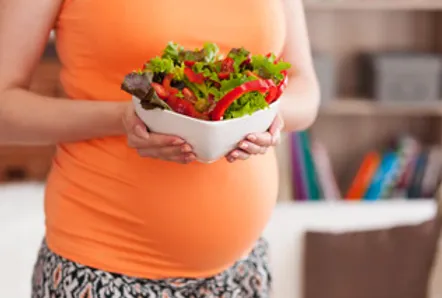
Introduction
Hormonal imbalances can make weight loss challenging by affecting metabolism, appetite, and fat storage. Achieving hormonal balance through proper diet, exercise, and lifestyle changes can help regulate weight, improve energy levels, and enhance overall well-being. Understanding how hormones influence weight can empower you to make sustainable choices for a healthier body.
The Role of Hormones in Weight Loss
1. Insulin
- Function: Regulates blood sugar levels and fat storage.
- Balance Tip: Choose complex carbohydrates, avoid refined sugars, and practice portion control.
2. Cortisol
- Function: The stress hormone that can lead to weight gain, especially around the belly.
- Balance Tip: Manage stress through meditation, deep breathing, and quality sleep.
3. Leptin
- Function: Signals fullness to the brain and regulates appetite.
- Balance Tip: Prioritize sleep and avoid processed foods that disrupt leptin sensitivity.
4. Ghrelin
- Function: Triggers hunger signals.
- Balance Tip: Eat protein-rich meals to help keep ghrelin levels stable.
5. Estrogen & Progesterone
- Function: Influence fat distribution and metabolism.
- Balance Tip: Consume fiber-rich foods and maintain a healthy gut microbiome.
Key Dietary Strategies for Hormonal Balance and Weight Loss
1. Increase Protein Intake
- Benefits: Supports muscle mass, regulates hunger hormones, and stabilizes blood sugar levels.
- Sources: Lean meats, eggs, fish, dairy, tofu, and legumes.
2. Incorporate Healthy Fats
- Benefits: Essential for hormone production and reducing inflammation.
- Sources: Avocados, nuts, seeds, olive oil, and fatty fish.
3. Choose Complex Carbohydrates
- Benefits: Helps prevent insulin spikes and provides steady energy.
- Sources: Whole grains, quinoa, oats, sweet potatoes, and legumes.
4. Boost Fiber Intake
- Benefits: Supports digestion, regulates estrogen levels, and prevents cravings.
- Sources: Leafy greens, vegetables, fruits, whole grains, and beans.
5. Stay Hydrated
- Benefits: Supports metabolism, detoxification, and hormonal functions.
- Sources: Water, herbal teas, and water-rich foods like cucumber and watermelon.
Hormone-Balancing Meal Ideas for Weight Loss
Breakfast
- Scrambled Eggs with Avocado and Whole-Grain Toast for healthy fats and fiber.
- Chia Seed Pudding with Almond Milk and Berries for protein and antioxidants.
Lunch
- Grilled Chicken Salad with Olive Oil Dressing and Quinoa for balanced macronutrients.
- Lentil Soup with Whole-Grain Crackers for fiber and plant-based protein.
Dinner
- Baked Salmon with Roasted Vegetables and Brown Rice for omega-3s and sustained energy.
- Stir-Fried Tofu with Spinach and Quinoa for a plant-based, hormone-friendly meal.
Snacks
- Greek Yogurt with Flaxseeds and Berries for probiotics and fiber.
- Hummus with Carrot and Cucumber Sticks for a fiber-rich, satisfying snack.
Lifestyle Tips for Hormonal Balance and Weight Loss
- Manage Stress: Practice mindfulness, yoga, or deep breathing to reduce cortisol levels.
- Prioritize Sleep: Aim for 7-9 hours per night to regulate hunger hormones effectively.
- Exercise Regularly: Incorporate strength training and cardio to boost metabolism.
- Limit Sugar and Processed Foods: Prevents insulin resistance and unnecessary hormonal fluctuations.
Conclusion
Balancing hormones is key to effective and sustainable weight loss. By incorporating a nutrient-dense diet, managing stress, prioritizing sleep, and staying active, you can regulate your hormone levels and achieve long-term weight management success.

